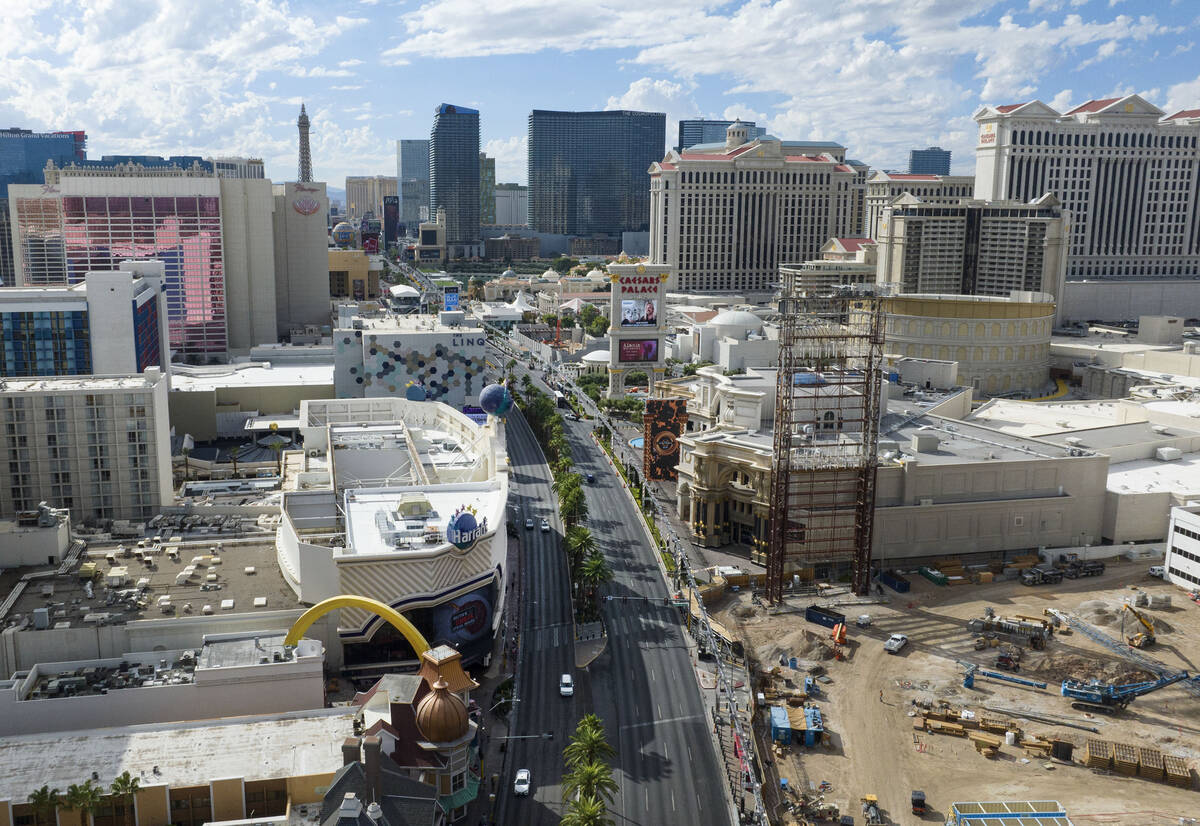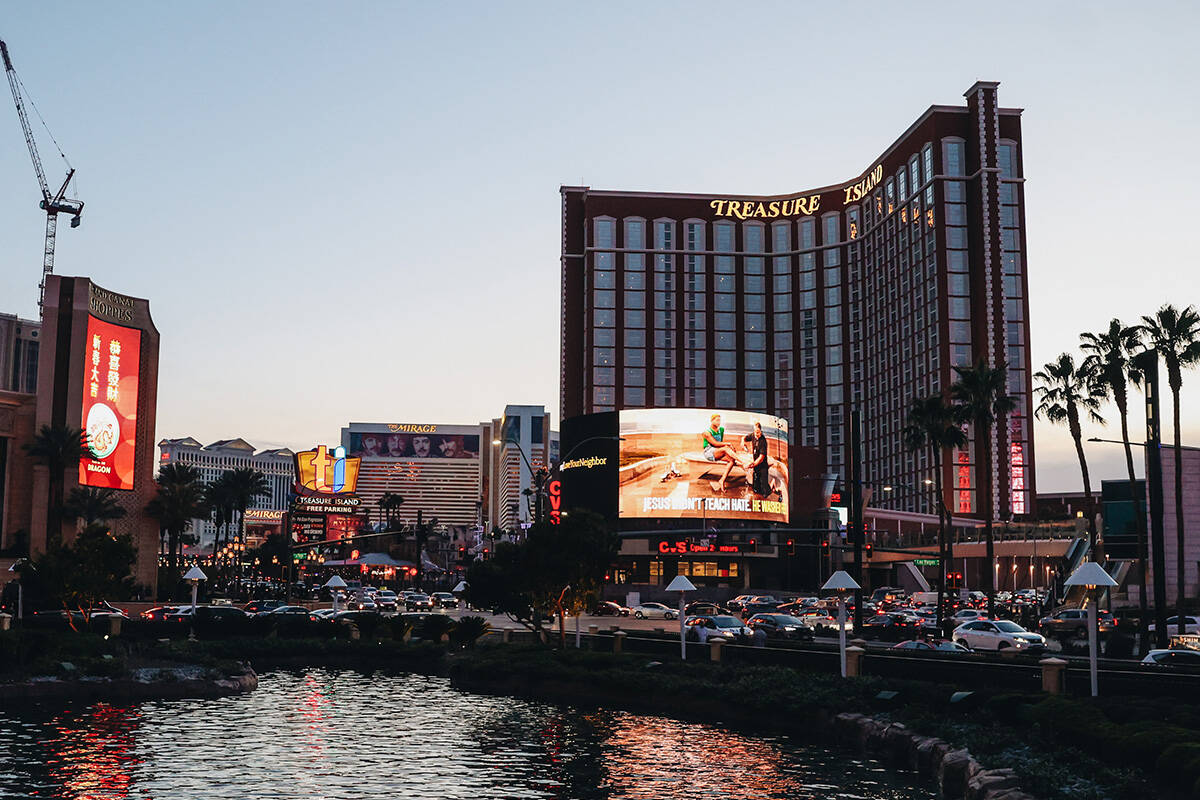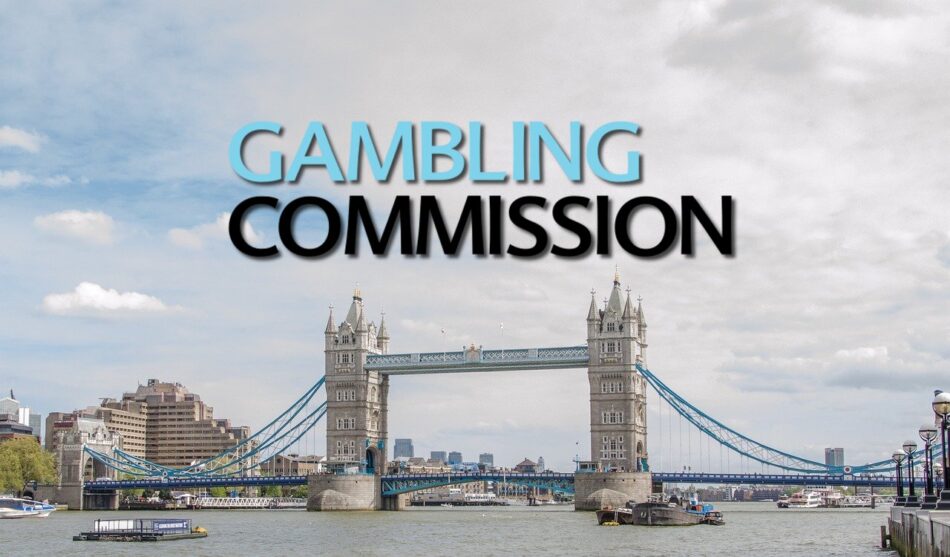The indictment of 31 people accused of fraud last month in the Mafia gambling scandal shows that gaming regulators are doing their job to keep Nevada’s casinos safe, according to a former chairman of the Nevada Gaming Commission.
The fact that none of the incidents revealed in the unsealing of court records involved licensed casino operators proved that regulators are keeping criminal elements out of the resorts that attract millions of visitors each year, former commission chairman Tony Alamo said.
But Alamo said the shocking revelations involving NBA players and coaches raise another question: What has the Justice Department done against organized crime over the past five decades?
Former regulators, a legal sports bookmaker and an analyst say changes could be coming to sports betting because of what FBI agents and prosecutors have unearthed.
“Supervision works”
“This is proof positive that our regulatory oversight is working here in Nevada,” Alamo said in an interview. “None of our gaming licensees were involved in this. The other side of it that makes me extremely disappointed is in the federal government and the DOJ (Department of Justice).
“When I saw the Bonnano family, the Gambino family, the Genovese family, the Luchesi family … these people were in power in criminal organizations since I was a little boy. My question is, where has the federal government been for the last 50 years?”
The recent revelation of two different types of gambling fraud presents a list of questions that gambling industry licensees, analysts, regulators and academics are beginning to ask.
Both scams involve organized crime and NBA players and coaches.
In a series of crimes involving poker, the players were lured to the table by a celebrity player. The excitement of sitting and playing with Portland Trail Blazers coach Chauncey Billups, Miami Heat guard Terry Rozier and former Cleveland Cavaliers guard Damon Jones, who were arrested in Las Vegas, was a ploy, according to the indictment, to lure high-rollers into poker games where they were tricked with the use of high-tech card-reading equipment and devices to pit against certain players. be treated.
Millions of dollars changed hands in the fraudulent poker games, authorities claimed.
Sports “insider trading”
The second scam, authorities said, involved cheating in sports betting and “insider trading,” faking injuries or intentional underperformance to influence the outcome of a bet.
Players who knew when a teammate was injured or would sit out a game or individuals who deliberately underperformed to affect the outcome of a game relayed that information to a player.
Nevada sportsbooks have played a prominent role in exposing shaving and collusion, but recent arrests indicate the practice still exists.
Former Nevada Gaming Control Board Chairwoman Becky Harris, now a Distinguished Fellow in Gaming and Leadership for UNLV’s Office of Economic Development, said there are already safeguards in place in Nevada gaming laws and regulations regarding sports betting and athletic performance.
The Nevada Revised Statutes state that it is cheating for a player, participant, judge, umpire, manager, coach or other official “to use less than his best efforts to win, officiate, officiate, officiate, coach or adjudicate, to limit a margin of victory or to adversely affect the outcome of a sporting event.”
Additionally, the Nevada Gaming Control Board’s 18-page Regulation 22 oversees the operation of the state’s race and sports books and refers to the types of bets that can be taken.
Harris has written extensively on cheating and collusion in sports and has been published in the Brigham Young University Law Review on college sports athletes being caught up in shaving scandals.
“I think we’re in a really interesting place in terms of gaming education and awareness for athletes, coaches, trainers and family members and anyone who has insider information,” she said in an interview. “As for props, it was the result of insider information and collusion with this game ring.”
She said the NBA should continue to educate its players just as college athletes are constantly told to stay away from game insiders.
Joe Asher, who owns and operates Boomer’s, a new Nevada sportsbook, said it is too early to say whether regulators in other states would consider taking a closer look at sports betting or even ban betting because of the scandal involving the NBA.
Player harassment
There have already been calls to ban that type of betting on the grounds of harassment – an athlete failing to meet the performance expectations of a punter incurs the punter’s wrath on social media or at games.
The increased pressure on an athlete to perform well in every game has led some college administrators to call for a ban on prop betting on college players. It has also played out on a professional level.
Asher said the easy access to players through social media has made it a bigger problem over the years.
He does not believe that prop bets on individual player performances should be banned, as some have suggested, because they are popular with sports fans and it would be difficult to determine which players should be left off a game card.
He said more will be learned from trial testimony and there could be at least one congressional hearing where NBA commissioner Adam Silver and pros could be called to testify.
He said banning prop betting would be bad because it could drive players to illegal markets to bet there instead of the legal books.
Some of the biggest sportsbooks such as FanDuel, DraftKings and ESPNBet, which are not licensed in Nevada, have a larger menu of individual prop bets than locally operated books.
Josh Swissman, a founding partner and managing director of Las Vegas-based GMA Consulting, said he expects regulators across the country may begin looking at ways to protect the integrity of sports betting after information about mafia gambling scams surfaced.
“Sports betting is now pretty ubiquitous in most of the United States, and there are certain sports games that don’t operate here in Nevada that take a lot more of the individual performance bets than we see here,” Swissman said.
He said he wouldn’t be surprised to see regulators take a closer look at how to better monitor individual performance games to prevent cheating.
In 1994, Nevada sportsbook regulators helped uncover a betting scam involving Arizona State University basketball by observing unusual betting patterns on games.
Swissman said it may be time for some of the major operators to be more vocal about the unusual betting patterns they sometimes see, particularly on individual bets.
–





